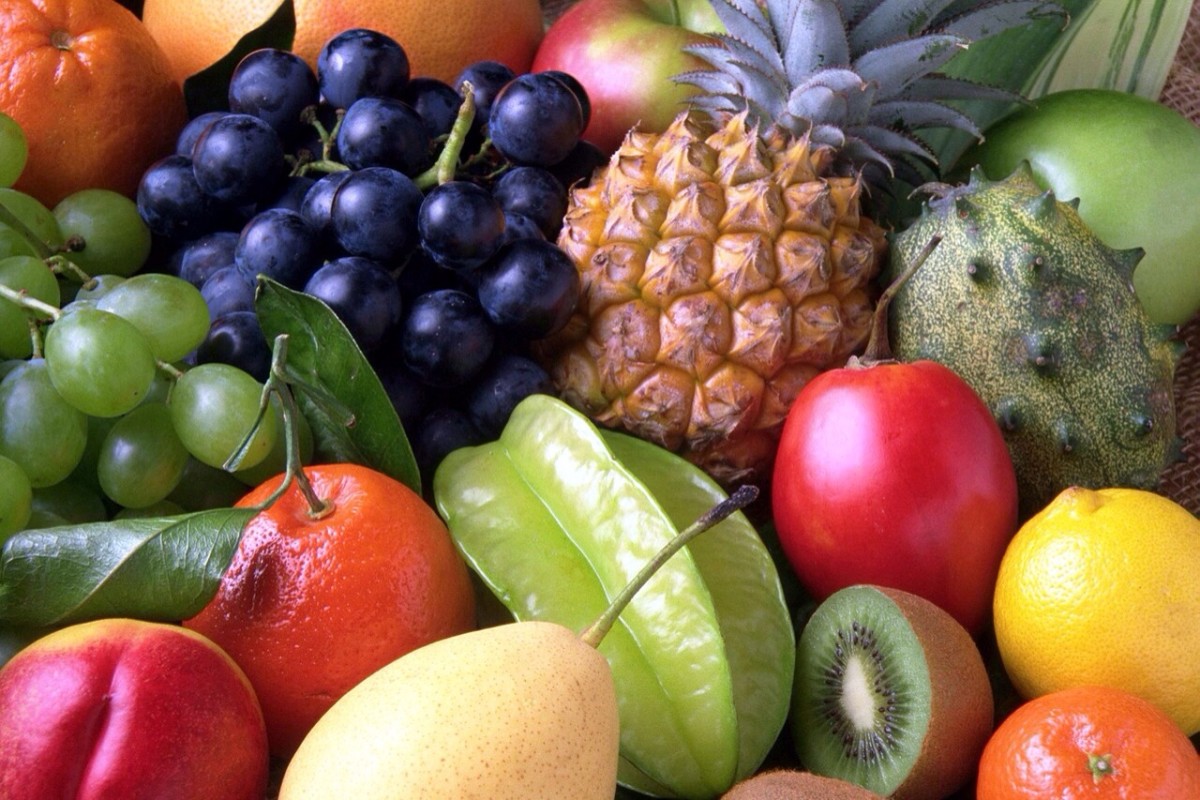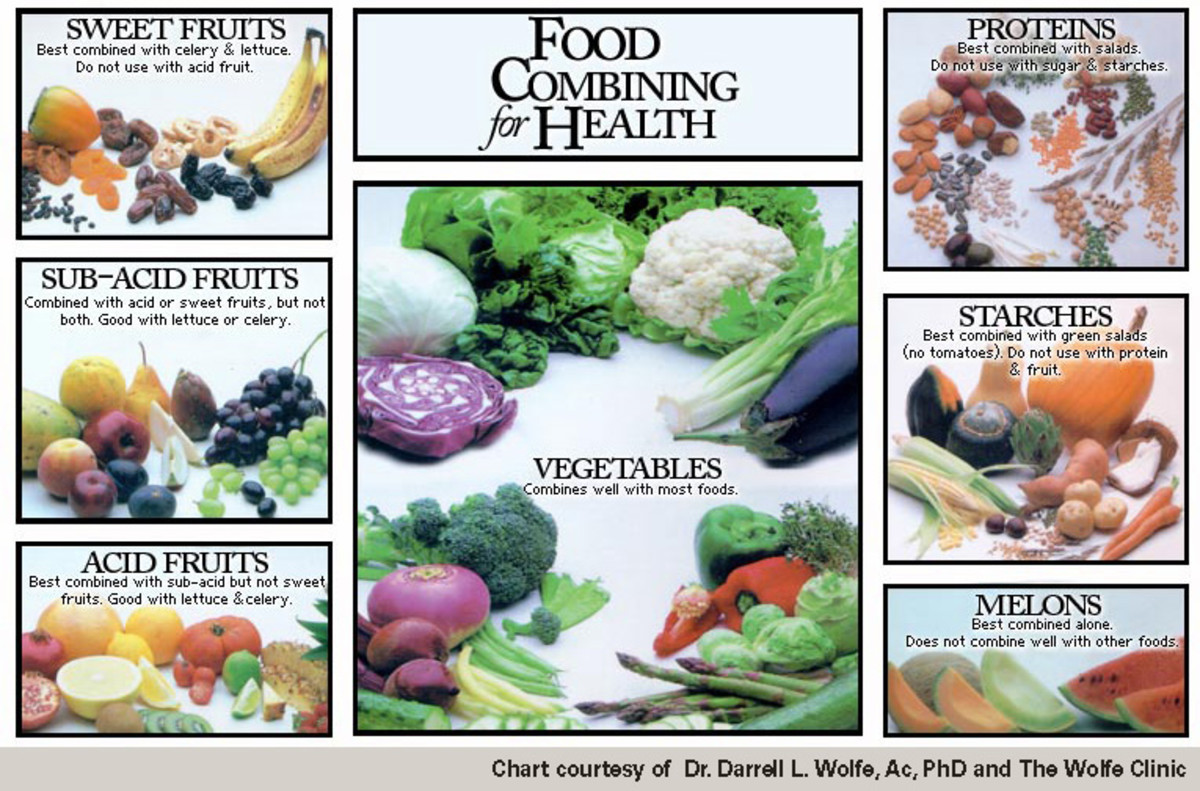7 Secrets of Asian Diet: Revealed


Traditional Ways Asians Thwart Fat and Obesity
Arguably a cultural representation of healthy eating, the traditional Asian Diet has been attributed as the reason for many Asian people’s levels of high nutrition and low chronic diseases.
Asia, in the purposes of this article, is defined as South and East Asia, which consist of the countries like Cambodia, China, India, Indonesia, Japan, Korea, Malaysia, Philippines, Thailand, Vietnam, as well as the other countries lying on the Pacific Rim.
Due to industrialization and urbanization, however, the practice of the time-honored Asian Diet has been in decline in most parts of Asia.
Economic development has brought hamburgers, pizzas, French fries, as well as deep-fried and salty foods into the modern-day Asian diet.
The result is increasing incidences of cancer and cardiovascular diseases among Asian people.
Notwithstanding, something has yet to be learned from the long-established Asian Diet.
Below are the top seven traditional ways Asians thwart fat and obesity through healthy way of living.
1. Plant Foods – Cornerstone of Asian Diet
Plant foods like vegetables, seaweeds, rice and other grains, fruits, nuts, soy foods, healthy oils, teas, herbs and spices are the essentials of the Asian Diet.
These foods are present in substantial amounts in Asian foods, giving many Asians natural sources of micronutrients that promote good health and keep weight in check.
In Asia, many people try to preserve and maximize the nutritional values of plant foods through fermentation and minimal food processing.
Indeed, plant foods are at the core of the Asian Diet, contributing greatly to Asian people’s relatively low reliance on animals as sources of foods.
2. Healthy Fats – High in Asian Diet
Asian Diet is typically high in healthy fats derived from oils like coconut, palm and ghee, which are used in cooking many Asian foods.
These fats have been proven as healthy as they enhance digestion, weight loss, immune system and the ability of the body to restore itself.
3. Dairy – Optional in Asian Diet
In the usual Asian Diet practiced in many Asian countries, dairy products are mere options, meaning they are generally absent from the people’s traditional ways of eating.
Most Asians usually get the benefits of these products through their plant-based and dairy-free diets.
By consuming low to zero dairy products in their Asian Diet, Asians are able to avoid high calories, saturated fats, and allergies that consumption of dairy products usually entails.
4. Fish – A Staple in Asian Diet
The use of fish varies within the Asian Diet.
In areas where vegetarian Asian Diet has a mass appeal, use of fish ranges from low to moderate amounts.
In areas where seafoods are prevalent like in the seacoasts, fish is considered a staple.
Some of the effects of eating fish are:
- high consumption of beneficial omega-3s
- improved cardiovascular health
- enhanced mental abilities
- reduced depression
- consumption of healthy fats
5. Red Meat – Used Carefully in Conventional Asian Diet
Conventional Asian Diet uses red meat in moderation, thereby lowering the calorie intake of many Asians.
When used, however, red meat in Asian Diet is often balanced out with substantial amounts of vegetables.
There is something to be learned in the wisdom behind the sparing use of red meat in Asian Diet:
- red meat has been linked to cancers and coronary heart diseases
- red meat has no antioxidants
- red meat can cancel out the energy derived from plant foods
Because Asian Diet uses red meat in moderation, one can find Asian recipes that are vegetarian and tasty.
These recipes use vegetables, rice, noodles, fruits, legumes, as well as spices and herbs to bring out interesting flavors.
6. Tea – a Key Drink in the Asian Diet
Tea is central to the Asian Diet and is regularly consumed by most Asian people before, after or during meals.
The results on drinking teas on Asians are enhanced digestion, improved metabolism, and reduced vulnerability to chronic diseases.
Teas are also loaded in antioxidants, helping Asians age gracefully and fight fats both at the same time.
There are many kinds of teas that go with the Asian Diet – green tea, black tea, white tea, oolong tea, ginseng tea, ginger tea, dried fruits tea, and other teas made from medicinal plants.
All these teas are claimed to possess certain therapeutic effects when consumed.
7. Active Lifestyle – Complements the Asian Diet
The Asian Diet is accompanied by the Asian lifestyle, which refers to the physical activities of many Asians.
During meals, Asians tend to share their foods with family members and friends, allowing them to portion foods and therefore not eat too much themselves.
Outside the meals, Asians engage in physical activities like yoga, tai chi, qigong, walking, bicycling, or simply standing.
These forms of physical activities enable them to avoid a sedentary lifestyle that promotes obesity.
Copyright © 2011 Kerlyn Bautista
All Rights Reserved








